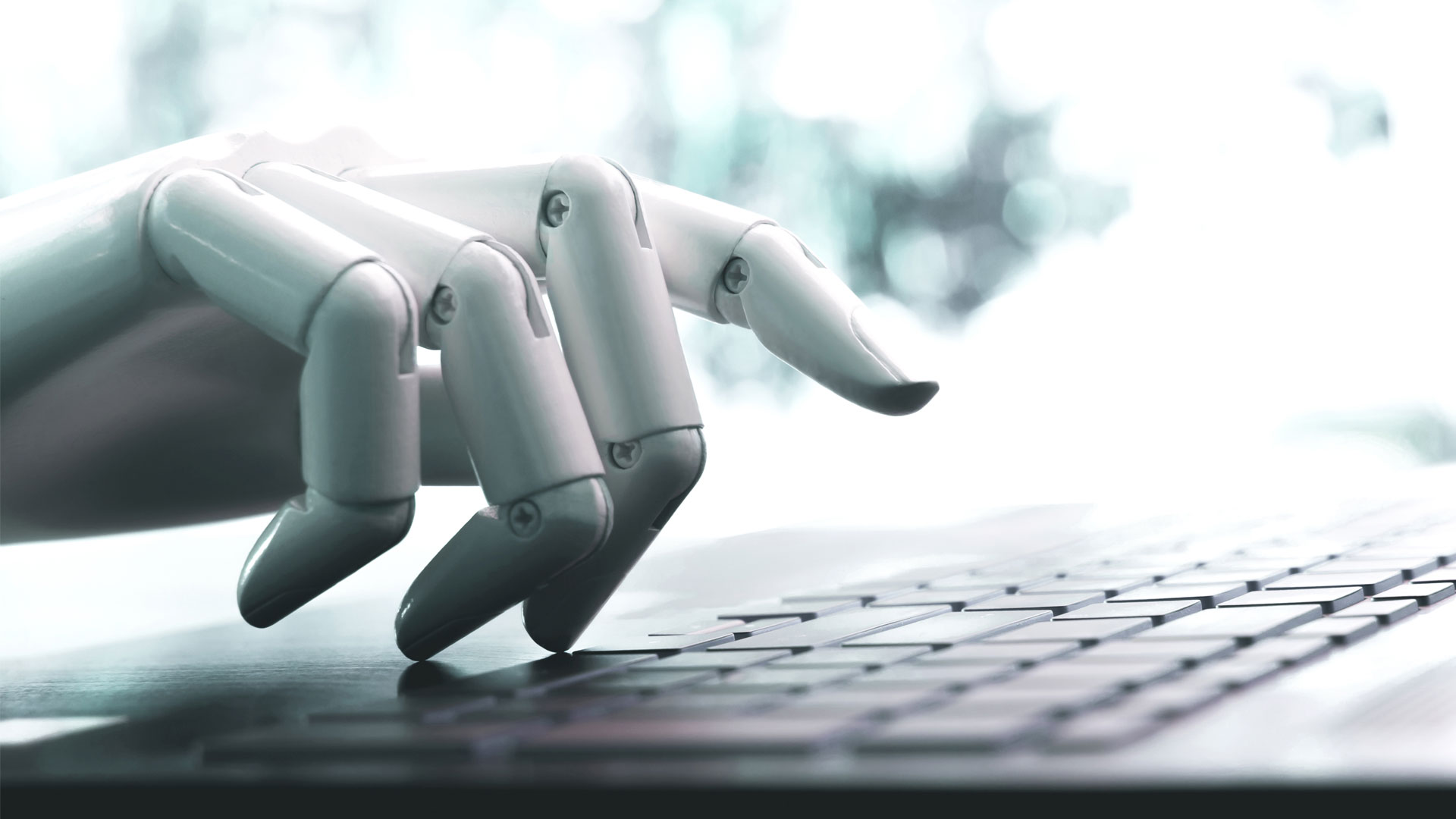AI might not actually be killing off jobs like we thought - but many businesses are still wary about agents
AI impact is no different to anything we’ve seen before, report claims

Sign up for breaking news, reviews, opinion, top tech deals, and more.
You are now subscribed
Your newsletter sign-up was successful
- Gartner finds most companies are using supervised AI, not fully autonomous agents
- AI-induced layoffs are probably just cost-cutting efforts
- The changes being seen from AI aren’t unlike previous shifts
Despite the hype, many IT leaders are avoiding fully autonomous agents and are sticking to supervised AI deployments, new research has claimed.
Research from Gartner found only 15% are considering, piloting or deploying fully autonomous agents, compared with around 75% for all AI agent types.
Early concerns AI could replace human workers seem to have been more or less negated, with only 7% strongly agreeing that agentic AI will replace humans in the next two to four years.
AI agents aren’t here to take your job
Nearly twice as many (12%) see them replacing workplace applications instead, indicative of a new way of working and interacting with data.
However, in an increasingly connected world where we hear of new cyberattacks on a daily basis, three-quarters (74%) noted concerns that AI just provides a new attack vector. Half (53%) also said that, although significant productivity gains could be unlocked, they don’t expect truly transformative gains.
Worker concerns around job security aren’t unwarranted, though. Lufthansa and Salesforce have both committed to cutting around 4,000 workers each due to AI, but a separate Yale study challenges the narrative and claims the evidence actually suggest these headcount reductions are more of a cost control issue.
“Overall, our metrics indicate that the broader labor market has not experienced a discernible disruption since ChatGPT’s release,” Yale’s researchers conclude.
Sign up to the TechRadar Pro newsletter to get all the top news, opinion, features and guidance your business needs to succeed!
The study did acknowledge previous technological disruptions occurred over decades, but AI has shortened that to “months or years,” which has amplified change and thus unease among workers.
Still, “no substantial acceleration in the rate of change in the composition of the labor market” has been since since OpenAI publicly launched ChatGPT, and the 1940s and 1950s still hold the record for the fastest changes.
On the whole, Yale called job anxiety “speculative” and lacking in any compelling evidence, noting that AI’s effects on labor will be no different to previous technological and industrial changes.
You might also like
- Worried about your role? These are the best job sites and best recruitment platforms
- Sam Altman predicts AI will cause major job losses in these fields - will you be safe?
- The best online learning platforms will give you the skills for the future
With several years’ experience freelancing in tech and automotive circles, Craig’s specific interests lie in technology that is designed to better our lives, including AI and ML, productivity aids, and smart fitness. He is also passionate about cars and the decarbonisation of personal transportation. As an avid bargain-hunter, you can be sure that any deal Craig finds is top value!
You must confirm your public display name before commenting
Please logout and then login again, you will then be prompted to enter your display name.
